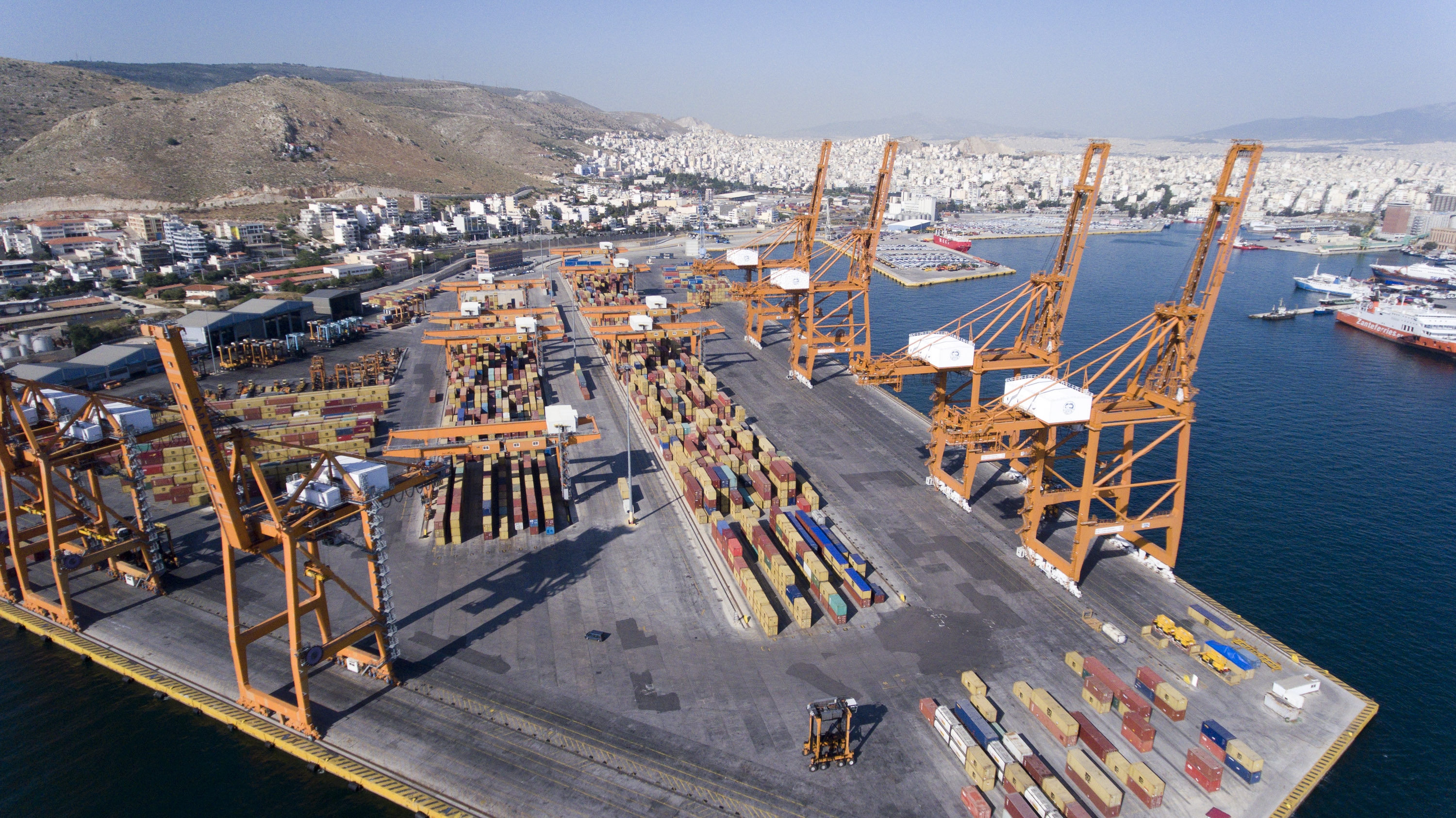BRI defies critics with practical results
- By George N. Tzogopoulos
 0 Comment(s)
0 Comment(s) Print
Print E-mail China.org.cn, May 14, 2019
E-mail China.org.cn, May 14, 2019

The second Belt and Road Forum for International Cooperation successfully concluded a few weeks ago in Beijing. Foreign participants left the Chinese capital satisfied with Beijing's hospitality and optimistic about future opportunities that will complement the BRI's achievements thus far. On the whole, the Belt and Road Initiative (BRI) has been the only efficient interconnectivity model in the past few years, positively impacting all continents. The interest of numerous countries and individuals in joining the BRI is in itself telling of its success.
A natural reaction to the success of a project is heated debate and criticism, especially among skeptics of China's peaceful rise. Several Western policy-makers and scholars still tend to analyze developments from a Cold War perspective. Several of them even drew parallels between the BRI and the Marshall Plan, when the former was first proposed in 2013. Let's not forget that the Marshall Plan was a U.S. strategic decision after the end of WWII aiming at containing the Soviet Union. China has no intention to restrain other nations and powers. Furthermore, this comparison is groundless because geopolitical conditions are completely different now and the world structure is no longer bipolar.
Related to this, another frame of reference dominating the Western agenda is that of an alleged malicious relationship between China and countries where the BRI is passing through. Critics have invented the term "debt trap" to refer to Beijing's hypothetical motivations to economically dominate its partners and push for political favors. Western universities and research centers associate BRI with the "debt trap" argument and some politicians in the U.S. and Europe have even embraced it in their public discourse.

In the second Belt and Road Forum for International Cooperation President Xi Jinping devoted some time to addressing this issue in his speech. He said China relies on debt sustainability studies to guarantee the viability of its investments. It is not in the interest of the Chinese government to invest in debt-ridden countries as economic uncertainty could jeopardize ongoing projects. In 2015, for instance, China was highly concerned about the possibility of a Grexit and actively supported having Greece stay within the Eurozone. This challenges the "debt trap" theory. Beijing refrained then from responding to Athens' requests about a potential bilateral financial assistance plan and wanted COSCO's investment in the Piraeus Port to develop in a stable economic environment.
In addition, the "debt trap" theory is not being practically tested by its proponents. Agreements reached between the Chinese government or Chinese state-owned enterprises and recipient countries differ according to their nature, type, as well as local conditions. In some cases loans are granted whereas in others privatization takes place. The terms of loans vary while the percentage of shares in the acquisition of foreign firms by Chinese companies is not always over 50%.
More importantly, it is impossible to draw conclusions about possible economic dependency, if the exposure of one national economy to Chinese debt is not compared to that of other countries. Such a comparison requires time-consuming research which sometimes goes beyond the interest of those disseminating rumors about a "debt trap" or does not support their cause. Last November, for instance, this author attended a BRI conference in Colombo, and discovered that Sri Lanka's liabilities from international sovereign bonds increased faster than its debt to China. This contradicts mainstream Western media reports about China's "dangerous" economic presence in Sri Lanka.
More importantly, China does not force other countries to participate in the BRI. Instead, respective national governments make that decision based on their own calibrated cost-benefit analysis. The choices they make in reality reflect their determination to strengthen their national economy and create better conditions for their citizens. Africa is at the epicenter of Western criticism for economically relying on China and becoming a victim of the "debt trap." But in reality, African leaders chart their own course and make their own decisions. The September 2018 Forum on China-Africa Cooperation demonstrates that many presidents and prime ministers of African countries do not share the West's concerns. Each countries' own interpretation of the BRI matters more than external observers or critics.
In implementing the BRI, China is employing a constructive approach in world economic affairs. Instead of simply endorsing rivalry, exclusion and clash of interests, China envisages a shared future for humanity. Western criticism will continue and could perhaps intensify but practical win-win results will function as the true litmus test.
George N. Tzogopoulos is a columnist with China.org.cn. For more information please visit:
http://91dzs.com/opinion/GeorgeNTzogopoulos.htm
Opinion articles reflect the views of their authors, not necessarily those of China.org.cn.
If you would like to contribute, please contact us at opinion@china.org.cn.





